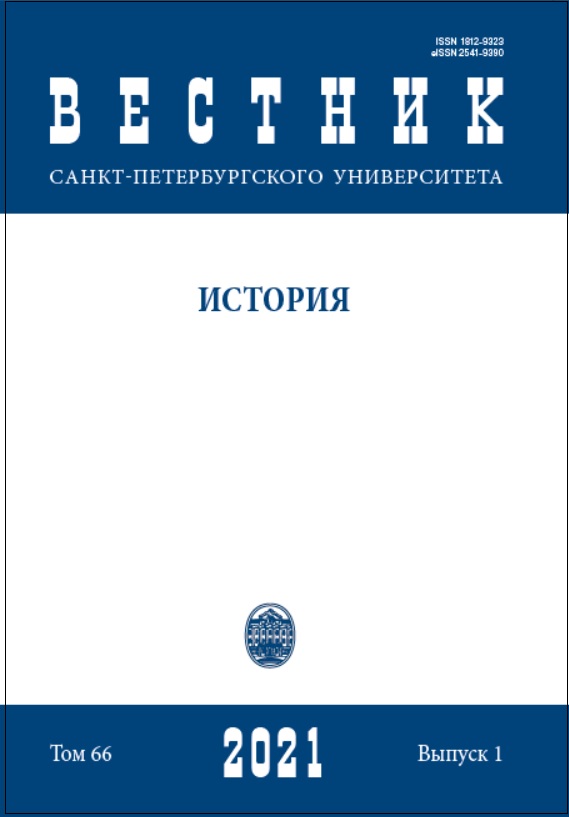The three roles of Neaira
DOI:
https://doi.org/10.21638/spbu02.2021.110Abstract
The article examines one of the most striking speeches of the Demosthenes corps, which was often quoted by ancient authors: LIX “Against Neaira,” conventionally believed to be authored by Apollodorus. Although this speech, as well as the trial where it was presented, has repeatedly become the subject of historiographic commentary and discussion, not a single specialized work has been devoted to it in Russian. The trial against Neaira and her partner Stephanos is of interest not only because it is the only surviving case on charges of illegal acquisition of Athenian citizenship, and the plaintiff’s speech allows us to reconstruct a number of important aspects of legal proceedings in Athens (litigants’ behavior, arguments, witnesses, evidence, etc.). The prosecutor also reveals certain unappealing aspects of the daily life of Greek society in terms of attitudes to women, prostitution and pedophilia. The speaker divides women into three categories: wife, concubine (παλλακή) and hetaera. Neaira successfully handled the roles of hetaera and concubine. It is unknown whether Apollodorus had managed to impose on her the role of a legal wife – the one that would put Neaira at risk of being sold into slavery. Despite the weakness of the prosecution’s arguments and evidence, Apollodorus, who skillfully uses the concept of polis rules, family identity and religious values, as well as dikastes’ prejudices, could have become the winner. However, presenting sufficiently convincing counter-arguments and testimonies may not have been difficult for Stephanos, although, perhaps, an appeal to the mercy and pity of the judges would have been a more efficient way to achieve his goal. Ref. 24.
Keywords:
Ancient Greece, Athens, trial, Apollodorus, Neaira, Stephanos, marriage, concubine, hetaera
Downloads
References
Downloads
Published
How to Cite
Issue
Section
License
Articles of "Vestnik of Saint Petersburg University. History" are open access distributed under the terms of the License Agreement with Saint Petersburg State University, which permits to the authors unrestricted distribution and self-archiving free of charge.





